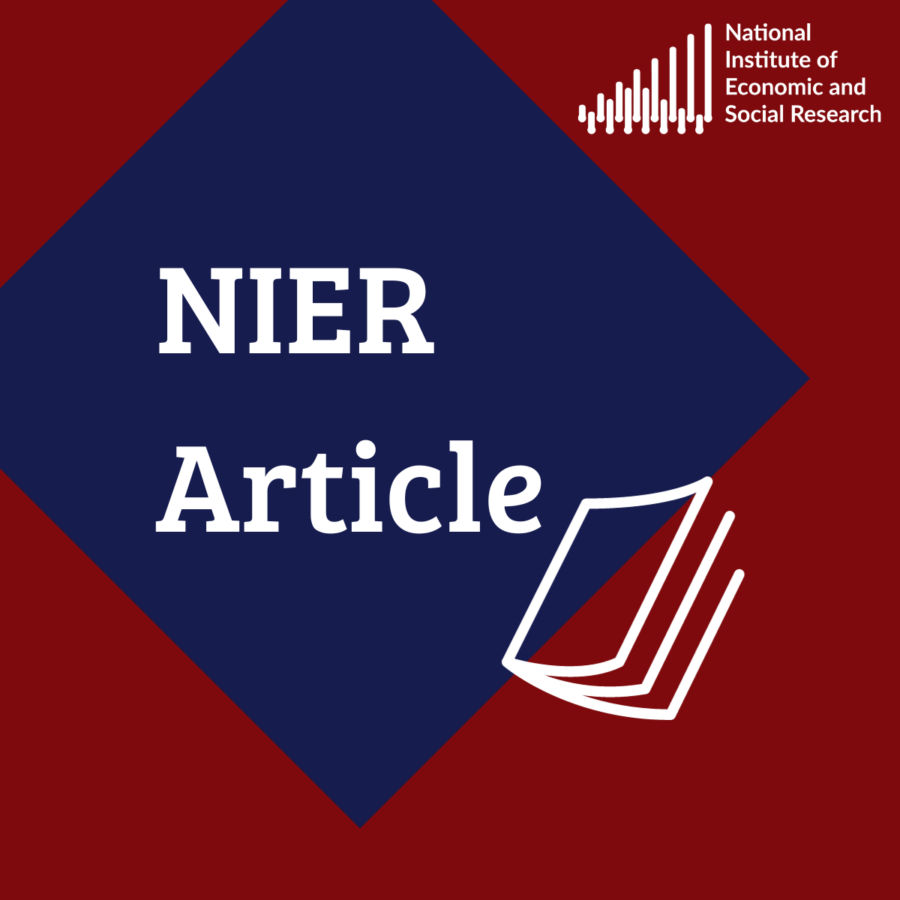- Home
- Publications
- Devolving Funding And Taxation In The UK: A Unique Challenge
Devolving funding and taxation in the UK: a unique challenge
 Pub. Date
Pub. Date
 Pub. Type
Pub. Type

External Authors

Travers, Professor Tony
Related Themes
Macro-Economic Dynamics and PolicyJEL Code
H71, H72, H77
Journal
National Institute Economic Review, No. 233
Publisher
Sage Publications, London
External Resources
Abstract:
This article describes the centralised nature of the UK, briefly describes the changes now under way in Scotland and Wales and then analyses differences in output per head as between nations and regions. It then considers the scope for devolution, including fiscal devolution within England. The United Kingdom today is one of the most fiscally-centralised of all OECD countries, but there will soon be reform in Scotland and Wales, with significant devolution of tax-raising powers to Edinburgh and Cardiff. In England, there is currently no ‘state’ or ‘regional’ tier of government. There have been significant differences in GDP/GVA per head of the nations and regions of the UK for many decades. Efforts to ‘rebalance’ the GDP/GVA totals shown above have involved public expenditure and investment programmes over several decades. The results of the UK’s centralised distribution of resources, if any, on changes in regional and sub-regional performance are little studied. A highly-centralised system of taxation and public expenditure is not, it would appear, a guarantee of territorial economic equalisation. In a potentially radical policy departure, George Osborne has moved further than any minister in recent times towards a form of city-regional devolution within England. In the first instance, any devolved power is likely to be over public expenditure, though in the longer term fiscal devolution may become possible. The move towards a quasi-federal UK is now well under way.
Related Blog Posts



Public Debt Sustainability and Fiscal Rules
Stephen Millard
Benjamin Caswell
05 Feb 2024
4 min read

Related Projects
Related News

Call for Papers: Lessons From Quantitative Easing & Quantitative Tightening
09 Feb 2024
1 min read



Related Publications

Adam Smith and the Bankers: Retrospect and Prospect
04 Jan 2024
National Institute Economic Review

On the Promises and Perils of Smithian Growth: From the Pin Factory to AI
04 Jan 2024
National Institute Economic Review

Economic Progress and Adam Smith’s Dilemma
04 Jan 2024
National Institute Economic Review

Adam Smith’s ‘Wealth of Nations’ is Still Relevant to UK Trade Policymaking on International Trade
04 Jan 2024
National Institute Economic Review
Related events

Assessing Cycles and Structural Changes in Markets

Business Conditions Forum

2022 Dow Lecture: The Economy and Policy Trade-Off





